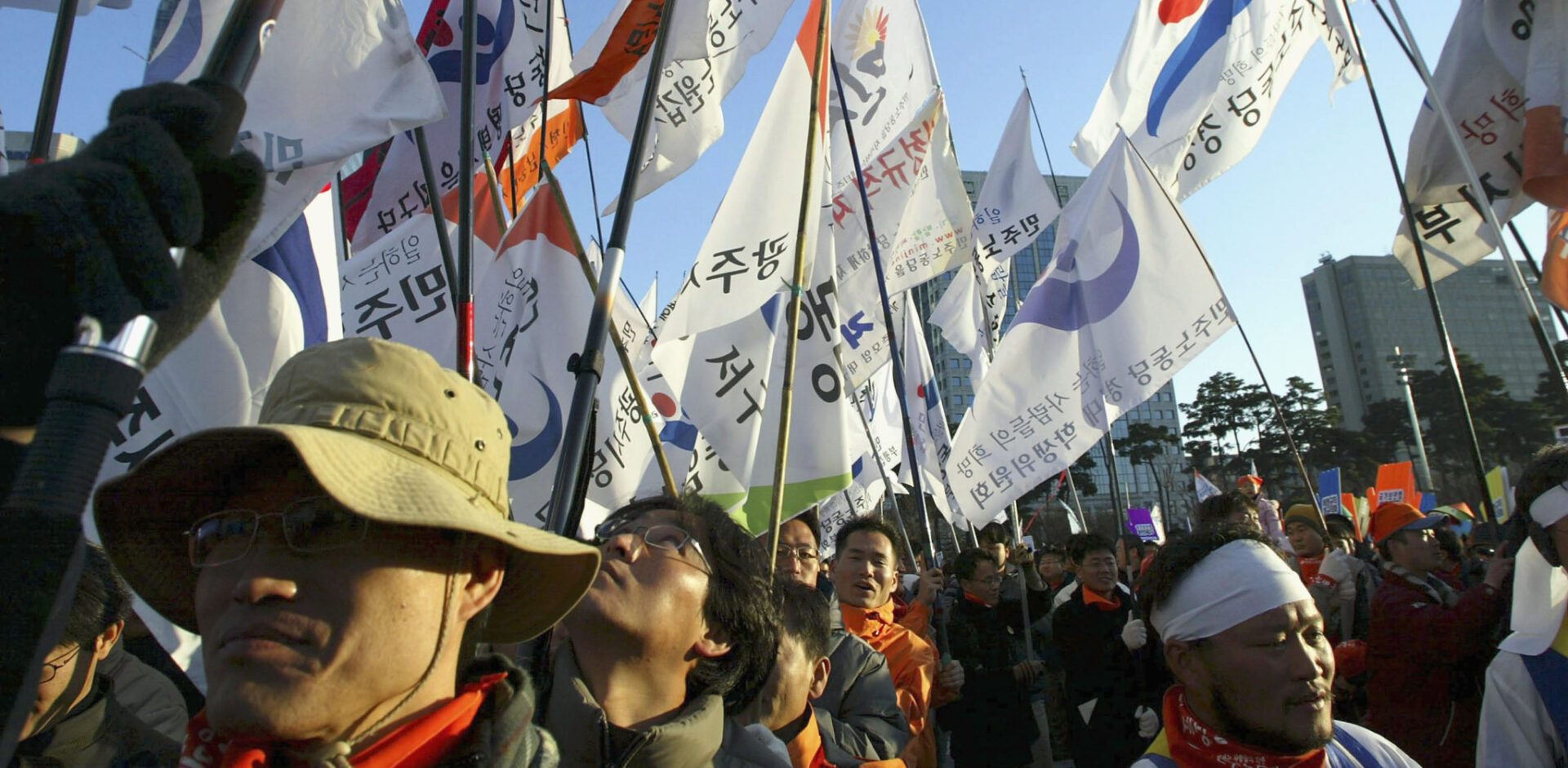Since 2008, the South Korean authorities have increasingly used vaguely worded clauses of the NSL to arbitrarily target people or organizations perceived to oppose government policies, especially on North Korea.
As shown in the cases detailed in this new Amnesty International briefing, the NSL continues to be used as a tool to attempt to silence dissent, and to harass and arbitrarily prosecute individuals and civil society organizations who are peacefully exercising their rights to freedom of expression, opinion and association.
The investigative authorities have used the NSL to reduce the public space for debate and academic freedom. The provisions of the NSL have also been used as a form of censorship to restrict the online sphere. The NSL has also been used to punish people for publishing and distributing material expressing views that oppose the positions or policies of the government. The NSL has been used to remove people who are perceived to threaten established political views, to prevent people from taking part in discussions surrounding relations with North Korea.
The NSL has also been used as a tool for harassment, with those investigated or charged losing their livelihood; with relatives being denied access to the detained suspects and in turn facing questioning; with those charged suffering from physical and mental exhaustion and stress and social stigma. In doing so, the authorities are reviving the NSL’s “long history of seriously infringing on human rights”. Meanwhile, by routinely invoking the NSL arbitrarily, South Korea continues to flout its international human rights obligations and commitments.

